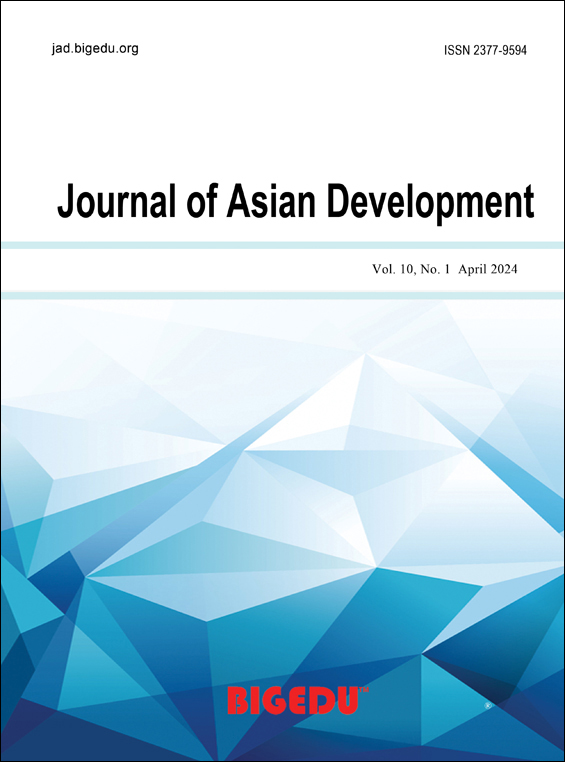E-Governance at the Grassroots: Measuring Citizen Trust in Union Digital Centers in Bangladesh
DOI:
https://doi.org/10.52941/jad.v11i2.68Keywords:
E-governance, citizen trust, Union Digital Centre, Service delivery, Rural GovernanceAbstract
Citizen trust serves as a key indicator of how effectively public institutions function. When institutional performance fails to meet public expectations, it can erode trust and ultimately hinder governance processes. Conversely, efficient, transparent, and responsive service delivery strengthens trust and reinforces government legitimacy. In this context, the Government of Bangladesh has established Union Digital centers (UDCs) to streamline service provision and promote inclusive access to information related to health, education, agriculture, law, human rights, and more particularly for rural populations. This study aims to examine the extent to which citizens trust UDCs, identifying the performance-related factors that shape trust in these service hubs. It also explores how UDCs contribute to the broader e-governance agenda in rural areas. Utilizing both primary and secondary data sources, the research employed a mixed-methods approach. A total of sixty respondents who had previously received UDC services were surveyed through semi-structured questionnaires and fourteen UDC entrepreneurs were interviewed. Findings suggest that citizen trust in UDCs is closely tied to the quality and timeliness of services delivered. UDCs contribute significantly to simplifying government procedures by minimizing bureaucratic layers and making services more accessible and hassle-free. Ultimately, the functionality and responsiveness of UDCs play a crucial role in fostering trust among rural citizens.
Downloads
Published
How to Cite
Issue
Section
License
Copyright (c) 2025 Hosneara Dalia

This work is licensed under a Creative Commons Attribution-NonCommercial 4.0 International License.
Copyrights of all articles published in Bigedu Foundation are retained by the authors, with first publication rights granted to the journal. The journal/publisher is not responsible for subsequent uses of the work.
All articles are published under the Creative Commons Attribution (CC-BY) license.
Authors have the rights to reuse, republish, archive, and distribute their own articles after publication, and undertake to permit others to distribute, remix, adapt, and build upon this work non-commercially provided the original work is properly cited. The full guidance that applies to the CC-BY license can be found at http://creativecommons.org/licenses/by/4.0/







